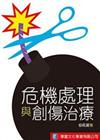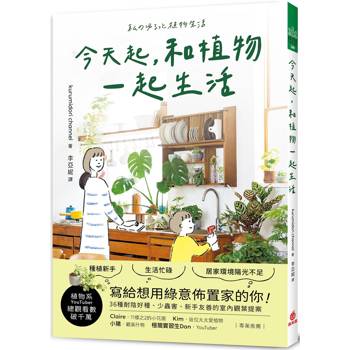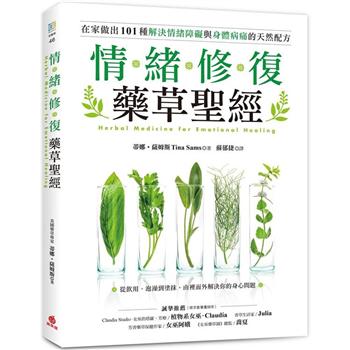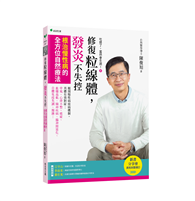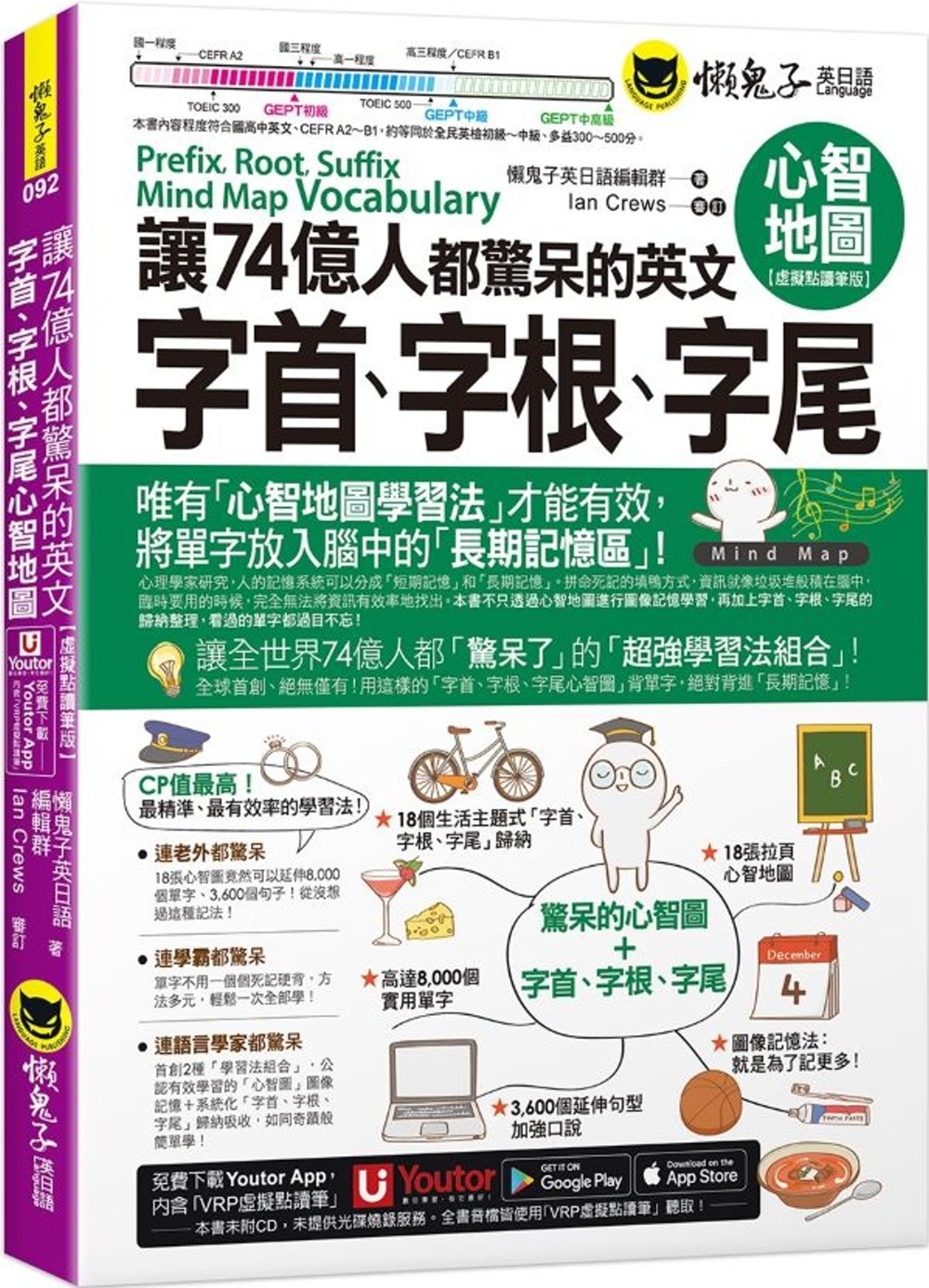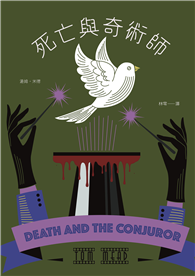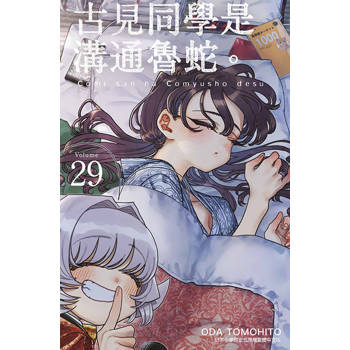龔鉥序(原文)
With crisis and trauma around us every day in our lives, Dr. Wu's Crisis Intervention and Trauma Therapy is an invaluable asset to the caring profession and to the world at large. I feel much honored to be asked to write the preface for the book.
I have known Dr. Wu as a friend and colleague for nearly fifteen years, and I have enormous respect for her, both as a gifted practitioner in the field of counseling and education, and as an accomplished scholar. In addition to her teaching responsibilities at the National Taiwan Normal University, Dr. Wu works as a therapist with victims of sexual abuse and domestic violence in cooperation with the Department of Interior Affairs in Taiwan. I have worked with her as a co-therapist for abused women and displaced families in the community and found her to be an excellent therapist.
Dr. Wu has also devoted a great deal of her time and energy to helping displaced immigrants in Taiwan. As a community mental health practitioner, she is deeply concerned with the psychological well being of immigrants. While she was in residency as a Fulbright scholar in the United States, she interviewed Chinese immigrants in that country. She also interviewed Chinese immigrants in South Africa. Dr. Wu performed a cross-cultural analysis of Chinese immigration in these disparate societies, and brought this knowledge back to her work with Taiwanese immigrants and to her advocacy for governmental policy change.
Dedicated as she is to scholarship, Dr. Wu has shown an equal dedication and passion for expanding her knowledge and skills as clinical practitioner. While in the United States, she learned the method of EMDR(Eye Movement Desensitization and Reprocessing). She devotes a chapter in the present book to sharing that method with health care professionals.
Written by an exceptional scholar and therapist, Dr. Wu's Crisis Intervention and Trauma Therapy is an essential contribution to the field of counseling and health care. I highly recommend it to all those seeking new ways of addressing crisis and trauma in our world.
Gong Shu, Ph.D., ATR-BC, TEP, LCSW
President and Director
International Yi Shu Institute
Center for Creative Development
龔鉥序(翟宗悌譯)
在我們的生活周遭每天都有危機與創傷發生,因此鄔博士的「危機處理與創傷治療」一書對助人專業與世上每個人來說都是無價的資產。我很榮幸能受邀為本書寫序。
我認識鄔博士已經近十五年,作為她的朋友與同事,我對她有無上的尊敬。她是諮商領域中充滿天賦的實務工作者,也是學術精深的學者。她除了在國立台灣師範大學擔任教職之外,也和內政部合作協助治療性侵害和家庭暴力的被害人。我與她合作擔任協同治療師,在社區中協助受虐婦女和移民家庭,因而發現她是個傑出的治療師。
鄔博士也將她許多的時間與精力投入在協助台灣的移民家庭。身為一個社區心理衛生實務工作者,她十分關心移民們的心理感受。在她以Fulbright訪問學者的身份停留美國其間,她訪談了在美國的華人移民,還到南非訪問華人移民。鄔博士對這些身處不同社會的華人移民進行了跨文化的分析,並將所得的知識運用在協助台灣移民以及倡議政策改革上。
鄔博士除了投入學術之外,對於拓展自身作為臨床工作者的知識與技術,她也抱持同樣的專注與熱情。在美國期間,她學習了EMDR治療法(眼動減敏與歷程更新療法)。在本書她專闢一章與助人專業人員分享這個療法。
鄔博士的「危機處理與創傷治療」一書,乃是由這麼一位優秀的學者與治療師所著,這本書實對諮商與助人專業提供了重要的貢獻。我非常推薦本書給所有尋覓新法以處理世上所發生危機與創傷的人。
龔鉥,PHD,ATR-BC,TEP,LCSW
President and Director
國際易術學院
潛能發展中心
作者序
在寫這本書之前,我開始回想我這一生的經歷。一路走來,不管是順境或者是逆境,現在的我回想起來,心中都有說不出的感激。我很感謝有這麼多人在陪伴我,也感謝我的人生能夠走得這麼有希望。
其實每個人都對自己有所期許,然而可能會因為人生的際遇並非總是在我們的掌握之中,使得我們的生命能源轉向,導致我們走出不一樣的人生。這個人生可能更好,也可能更不好,端在於我們如何看待我們自己,以及我們做出了甚麼決定。
在赴美做訪問學者的這一年,我曾經在美國的聖地牙哥住了六個月,在伯明翰住了三個月,然後遠赴南非兩個月。由於整年的生活都是處於變動中,所以,更深刻地體會到在面對危機事件時,要能掌握自己是一件多麼不容易的事!也從這個過程中,深切地感受到家人的支持與友朋的相伴是我們人生當中不可或缺的支持系統。
但是在面對危機的時刻,要能做出沒有後遺症的決定,能夠得到適當的幫助,除了仰賴周遭的社會資源之外,更倚重我們自身原本就有的復原力(resilience)。在當前的社會環境中,各式各樣的危機事件不斷地發生,也使得我們很難做出所有的防範措施。因此培養我們因應危機的能力,催化我們內在的復原力,也就益形顯得重要。
由於從事助人工作,我會去關心人們在面對他們的危機時是否得到充份的幫助,也從工作當中看到生命的力量與泉源,這種經驗不僅豐富了我的人生,也使得我看到人生的希望。因此,平日除了關心有關危機的事件之外,更是積極地在尋找更有效能的助人技術。此次藉由訪美之便,終於一償宿願,到費城接受眼動減敏與歷程更新療法(Eye Movement Desensitization and Reprocessing,簡稱EMDR)訓練。所以,本書除了將闡述有關危機處理的理論與技術外,更將介紹EMDR的基本觀念與技術,以使讀者能用較寬廣的視野來看待人生的危機,並且學習用更有效能的方式來處理我們生命中的創傷經驗。
當然,筆者更希望助人專業工作者能因為具備此等知識與能力而提升其在助人專業上的能力,並且能用較為人性化的態度來看待接受幫助的當事人,以使我們的生活環境能充滿人性的關懷與有效的助人機制,而使台灣民眾能具備自我滋養的能力,讓我們的社會擁有更佳的自我調節泉源,以使每個生活其中的人們都能發揮其最大的潛能並享受人生。由於出版在即,疏漏難免,尚祈讀者不吝指正。
鄔佩麗 謹識
2008年二月於台灣師範大學
